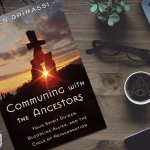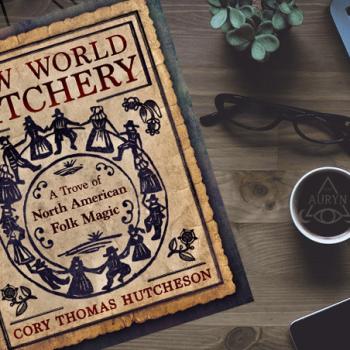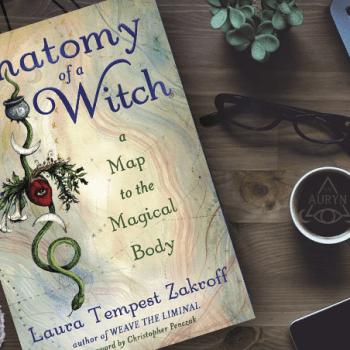
The term “witchsplaining” is derived from other terms such as “mansplaining” and “whitesplaining”. While some may not like this term, it’s definitely being used in the Witchcraft community for a few years now and doesn’t seem like it’s going anywhere. Regardless of what term we want to use for it, the concept itself definitely exists. Simply put, ‘splaining is to explain or comment in a condescending, overconfident, and often inaccurate or oversimplified manner, from the perspective of the group one identifies with while disregarding the background of the person being ‘splained to.
Witchsplaining is just that, when a witch explains or comments on something to “educate” or “correct” another witch on the “proper way” to do something or the history of something, undermining the background of the witch being ‘splained to. Witchsplaining is all too common, and I’ve been guilty of it now and again myself, but it’s easy to fix by simply taking a moment of mindful awareness and asking yourself a few questions before you speak.
- Did they ask?
Did they ask you specifically about it or are you giving unsolicited advice and input? - Are they open to your input?
If they didn’t ask, are they open to your input?
- Did you ask permission?
This is as simple as asking. You can change “Well, actually…” to “May I share some advice?” - Are you responsible for their education?
Are they formally training under you? Are they studying your tradition? Why do you care how they practice their Craft? - Do you know their level of experience within the Craft?
Are you sure how far along the path they are? Are they still beginning their seeking or have they been practicing for many years? While you may have been studying formally within a tradition for a few years, they may have been studying solitary for decades. - Do you know the tradition they practice?
Different traditions do things differently. For example, in some traditions the wand is associated with fire while in others its air. Some traditions correspond elements to different directions. There isn’t a universally “correct” association for it. Wiccans tend to associate it with fire while Feri Tradition associates it with air. Different traditions do things differently. - Are you making assumptions about them?
Are you making assumptions of their level of experience or knowledge? Are you assuming they want your guidance? I have seen way too many people make assumptions about a witch and begin witchsplaining to them without realizing that they’re an author/teacher or elder within the Craft. - Is it a matter of semantics?
Sometimes, it’s just a matter of terminology and definitions. For example, the definition of “ego” differs in psychology than it does in spirituality. Your definition for a word or term may not be universal. - Does it pass through the three gates?
Rumi is credited with wisdom about three gates of speech. “Before you speak, let your words pass through three gates: At the first gate, ask yourself ‘Is is true?’ At the second gate ask, ‘Is it necessary?’ At the third gate ask, ‘Is it kind?'” - What is the goal of the conversation?
Are you coming from a place of trying to look like an expert? Are you coming from a place of genuinely wanting to help someone? Are you coming from a place of humility and understanding that you don’t know everything? Are you trying to start a debate?
- Are you phrasing it as a perspective?
One of the best ways to keep your ego in check when discussing different methods and ideas is to claim them as your perspective and not as the dogmatic way to do things. This looks like “In my perspective…” and “In my tradition…” and “The way I do this…” and “What I read and/or learned…” and “Something that’s really helped me out is…”. Recognize that they have different methods, techniques, teachings or perspectives without proclaiming it the “right” way to do it.






















